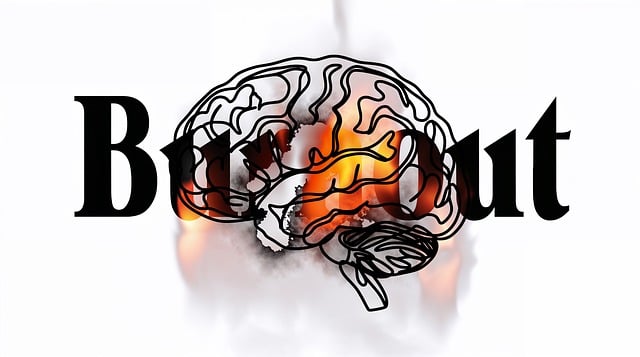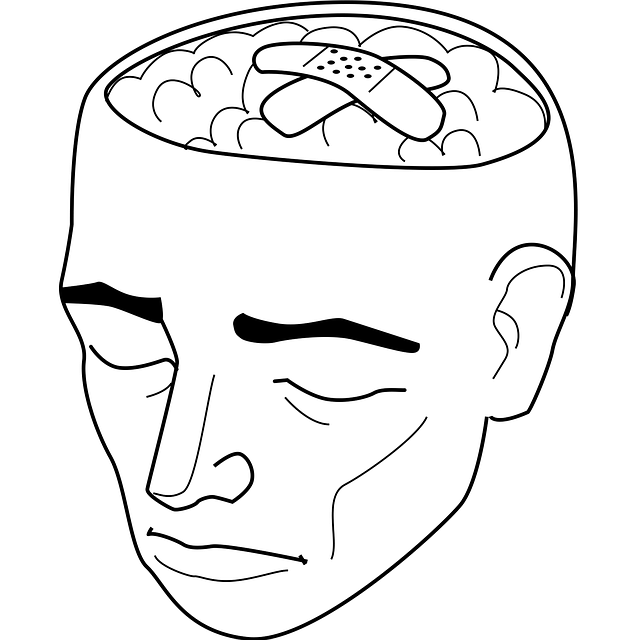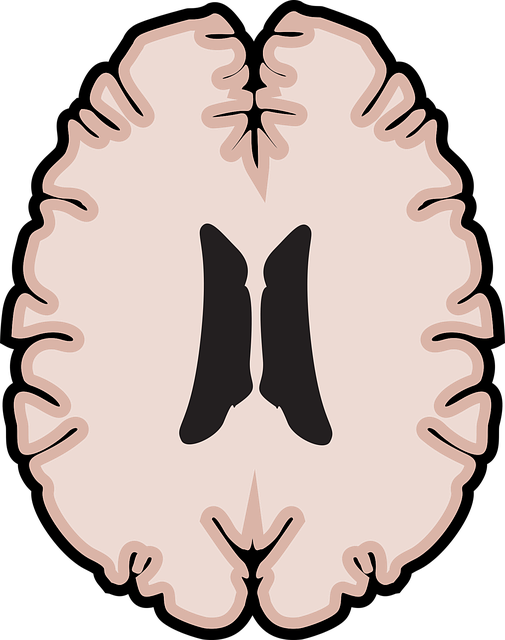Community outreach programs in Arvada, Colorado, play a vital role in addressing adolescent mental health challenges by destigmatizing conversations and offering essential support. These initiatives, tailored to issues like anxiety, depression, and substance abuse, empower teens with coping mechanisms, burnout prevention strategies, and stress reduction methods through interactive workshops and educational sessions. To be effective, programs should integrate evidence-based practices such as mindfulness and positive psychology, engage teens through journaling and compassion cultivation exercises, and build strong partnerships within the community. Continuous evaluation of program effectiveness, based on feedback from participants and local organizations, ensures that outreach efforts remain relevant and impactful over time, fostering a healthier and more resilient community for Arvada Adolescent and Teen Therapy.
In the realm of adolescent mental health, reaching out to communities is vital for fostering well-being. This article explores the importance of community outreach programs in Arvada, focusing on strategies to support teens. We delve into designing effective initiatives, from identifying needs to implementing practical steps, ensuring positive impacts.
Key sections include understanding the significance of such programs, creating targeted therapy strategies, best practices for outreach, and measuring success to sustain long-term benefits for Arvada’s adolescent and teen population.
- Understanding the Need for Community Outreach in Adolescent Mental Health
- Designing Effective Programs: Strategies for Arvada's Adolescent and Teen Therapy
- Implementing Outreach: Practical Steps and Best Practices
- Measuring Success and Sustaining Impact: Evaluating Community Engagement
Understanding the Need for Community Outreach in Adolescent Mental Health

In today’s fast-paced world, the well-being of adolescents is a growing concern, especially regarding their mental health. This is where community outreach programs step in as a vital tool to address the unique challenges facing young individuals. The need for such initiatives is evident in Arvada, Colorado, where adolescent and teen therapy services are in high demand. Many teens struggle with stress, anxiety, depression, and other mental health issues, often exacerbated by academic pressures, peer relationships, and societal expectations. By implementing community outreach programs, local initiatives can help to destigmatize mental health conversations and offer much-needed support.
Community outreach offers a unique opportunity to foster inner strength development in adolescents. Through interactive workshops, group discussions, and educational sessions, teens can learn valuable coping mechanisms, burnout prevention strategies for healthcare providers, and stress reduction methods. These programs can be tailored to address specific issues, such as social anxiety, self-harm, or substance abuse, providing targeted interventions that cater to the diverse needs of young people in Arvada. By empowering adolescents with knowledge and skills, these outreach efforts contribute to a healthier, more resilient community.
Designing Effective Programs: Strategies for Arvada's Adolescent and Teen Therapy

Designing effective community outreach programs for Arvada’s Adolescent and Teen Therapy requires a nuanced approach that caters to the unique needs and challenges faced by this demographic. Programs should focus on engaging teens in activities that foster mental wellness, such as journaling exercises designed to encourage self-expression and reflection. Incorporating compassion cultivation practices can help adolescents develop inner strength and build resilience against stress and adversity.
The key lies in offering guidance tailored to their age group, addressing issues like anxiety, depression, and social pressures. By integrating evidence-based strategies into outreach efforts, such as mindfulness techniques and positive psychology interventions, the programs can effectively support the emotional well-being of young individuals. This holistic approach ensures that Arvada’s Adolescent and Teen Therapy becomes a beacon of hope, empowering teens to navigate their personal journeys with enhanced coping mechanisms and a deeper sense of self-compassion.
Implementing Outreach: Practical Steps and Best Practices

Implementing community outreach programs, such as those offered by Arvada Adolescent and Teen Therapy, involves practical steps and best practices to ensure success. Firstly, assess the needs of the community and identify gaps in existing mental health services. This can be achieved through surveys, focus groups, or partnerships with local organizations. Once identified, design tailored programs that address these specific needs, focusing on areas like prevention, early intervention, and support for at-risk youth.
Next, establish strong relationships with community leaders, schools, and other stakeholders to gain buy-in and support. Implement risk management planning for mental health professionals to ensure safety during outreach activities, especially when dealing with crises. Leverage positive thinking and crisis intervention guidance to foster supportive environments. Regularly evaluate program effectiveness through data collection and feedback from participants and partners, making adjustments as needed. This iterative process ensures that the outreach programs remain relevant, impactful, and aligned with the evolving needs of the community.
Measuring Success and Sustaining Impact: Evaluating Community Engagement

Evaluating Community Engagement is a vital step in assessing the success and long-term impact of any outreach program, including those offered by Arvada Adolescent and Teen Therapy. It involves measuring the level of participation, satisfaction, and positive changes brought about within the community. By collecting and analyzing feedback from participants, volunteers, and local organizations, therapists and counselors can gain valuable insights into the program’s effectiveness. This process allows for continuous improvement, ensuring that the initiatives remain relevant and beneficial to the community they serve.
Through systematic evaluation, Arvada Adolescent and Teen Therapy can identify successful components, such as effective communication strategies and resilience-building activities, which have contributed to emotional healing processes within the community. By understanding what works best, the program can be tailored to meet evolving needs, fostering a stronger connection between therapists, adolescents, and the wider community. This sustained impact ensures that the outreach efforts remain dynamic and relevant over time.
Community outreach programs, like those tailored for Arvada Adolescent and Teen Therapy, are vital in addressing the mental health needs of young people. By implementing practical steps, such as engaging with schools, community centers, and local organizations, these initiatives can effectively reach adolescents where they are most present. Measuring success involves evaluating both immediate engagement and long-term impacts on community well-being. Through continuous assessment and adaptation, outreach strategies can be refined to ensure sustained positive outcomes for the youth of Arvada.














